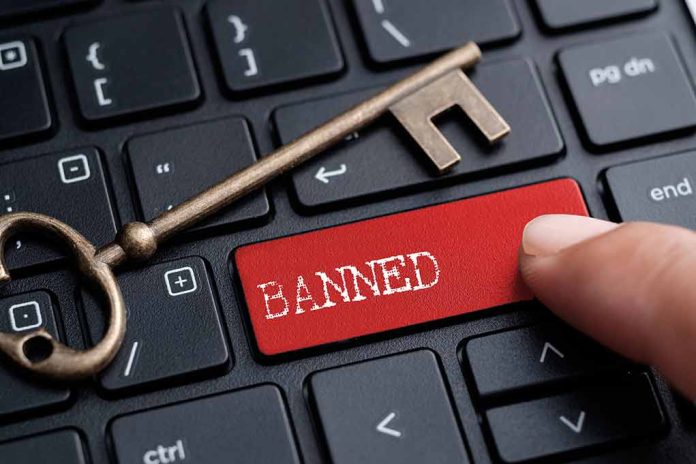
The controversy surrounding Disney’s live-action “Snow White” in Lebanon highlights the complex intersection of geopolitical tensions and entertainment.
Key Takeaways
- Disney’s “Snow White” was banned in Lebanon due to Israeli actress Gal Gadot’s involvement.
- The ban is part of ongoing geopolitical tensions involving Israel and Hezbollah.
- Past films featuring Gal Gadot have also faced bans in Lebanon for similar reasons.
- The film’s global box office performance has been lackluster amid controversies and protests.
- Gal Gadot’s political stance and history with the Israel Defense Forces play pivotal roles.
Lebanon’s Ban and Geopolitical Context
Disney’s live-action adaptation of “Snow White” faced a ban in Lebanon due to the inclusion of Israeli actress Gal Gadot, known for her support of Israel. Lebanese Interior Minister Ahmad al-Hajjar announced the ban amid escalating geopolitical tensions involving Israel and Hezbollah. This action aligns with previous bans on Gadot’s films in Lebanon, such as “Wonder Woman” and “Death on the Nile,” reflecting the nation’s stringent boycott policies against Israeli affiliations.
Gadot, who portrays the Evil Queen, is an acclaimed Israeli actress and former member of the Israel Defense Forces. She has been vocal about her support for Israel, particularly after the October 7 Hamas attacks. Such affiliations have amplified calls for boycotts from groups like BDS and PACBI.
Public Response and Political Fallout
Public reaction to the ban has been mixed, with significant discourse within Lebanon and beyond. The film, which also stars Rachel Zegler, sparks discussions due to the differing political views between Zegler, who supports Palestine, and Gadot. This ideological clash affected promotional activities and contributed to the tension surrounding the film’s release.
Security measures escalated as protests and threats marked the film’s rollout, leading to increased security for Gadot. These developments, combined with Gadot receiving backlash, painted a challenging picture for the film’s success in an already complex global marketplace.
Box Office and Critical Reception
“Snow White” had a significant production budget, approximately $270 million, and faced various challenges, including COVID-19 delays and even a fire on set. Its global performance has been lackluster, grossing only $182.6 million amid poor critical reception and controversy-fueled public discourse.
“Never did I imagine that on the streets of the United States, and different cities around the world, we would see people not condemning Hamas, but celebrating, justifying and cheering on a massacre of Jews. I know I’m not the only one in this room when I say that it was a wakeup call,” Gadot said in a speech.
The film’s reception has been mixed, with poor reviews from critics yet a moderately positive audience score on Rotten Tomatoes. This disparity underscores the broader public sentiment surrounding the film, stemming from underlying political and social complexities.


